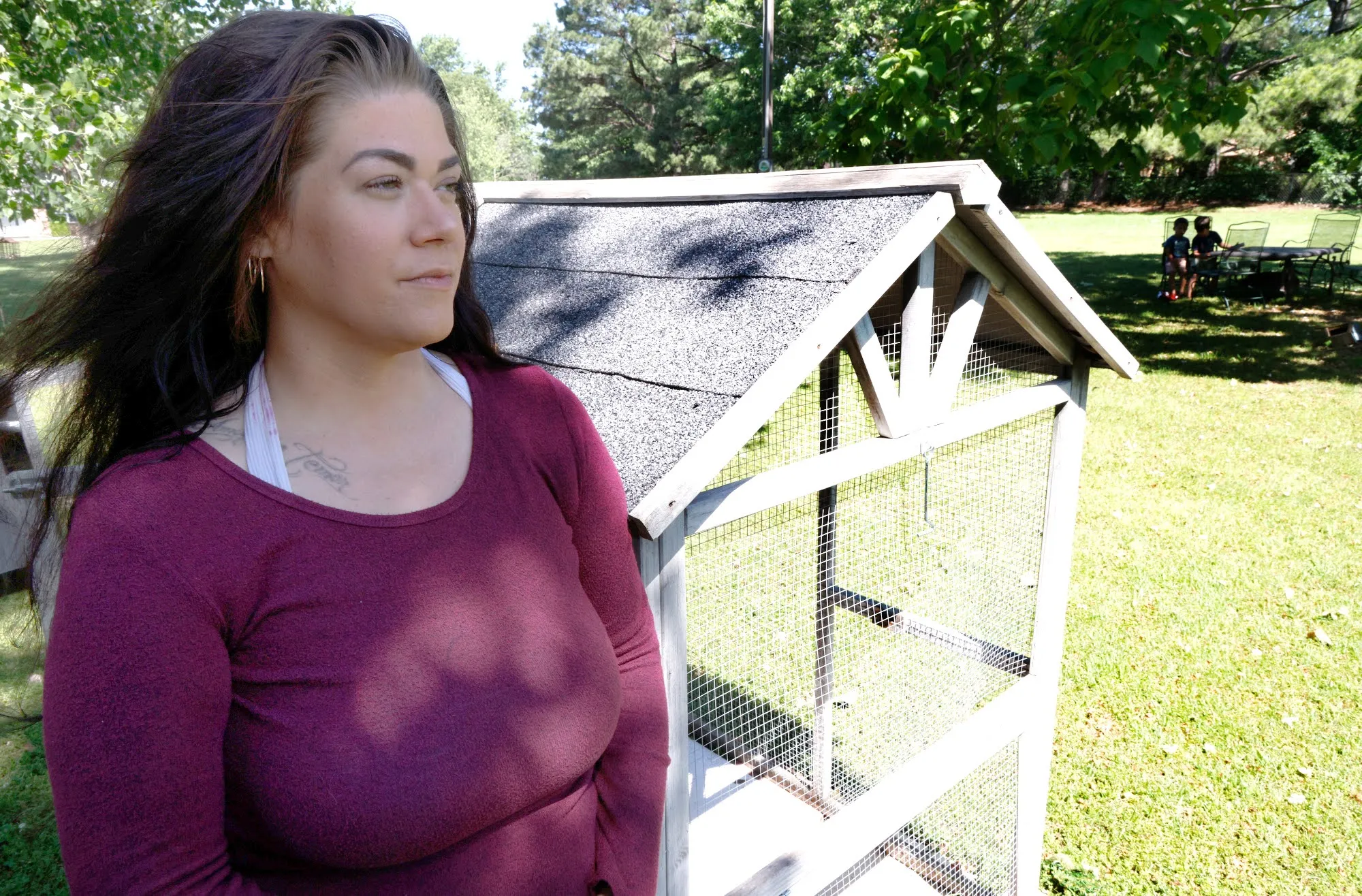Elisabeth Johns faced a harrowing ordeal that exemplifies the challenges within Oklahoma’s evolving cannabis laws. In 2014, at the age of 18, she was kidnapped by Tyler Bristol, a gang member who accused her of stealing drugs. This traumatic experience left her physically and emotionally scarred, resulting in a permanent injury to her finger. After six hours of interrogation, she managed to contact the police, leading to Bristol’s arrest and a sentence of 38 years for kidnapping and maiming.
However, the nightmare for Johns didn’t end there. In 2025, she was arrested again under circumstances that highlighted inconsistencies in law enforcement’s application of cannabis regulations. Despite being a legal medical cannabis user, Johns spent over a week in jail due to a warrant issued for missed check-ins related to her probation. The warrant was based on violations that should have been retroactively addressed, as Oklahoma had legalized medical cannabis during her probation period.
During her first encounter with cannabis as a teenager, it was illegal, contributing to her anxiety and post-traumatic stress disorder (PTSD) following her kidnapping. After receiving ineffective treatment for her anxiety, she turned to cannabis, which she found to be much more effective in managing her symptoms. Despite Oklahoma’s legalization of medical marijuana in 2018, Johns faced legal troubles due to outdated laws that did not reflect the current legal status of cannabis.
Johns’ case illustrates the disconnect between legislative changes and the enforcement of those laws. Oklahoma has historically lagged behind national trends in drug laws, with prohibition written into its constitution. The rapid evolution of cannabis legislation—beginning with House Bill 2154 in 2015 that legalized low-THC CBD oil—has led to confusion among law enforcement and inconsistencies in law application across the state’s 77 counties.
Keith Flinn, an attorney representing Johns, pointed out that many individuals still face charges under old felony laws, even as the legal landscape changes. He emphasized that the discretion exercised by district attorneys and law enforcement leads to unequal treatment of cannabis users. This issue was further compounded when Johns was arrested after a routine traffic stop for a burned-out brake light. The warrant for her arrest was issued despite her legal status as a medical cannabis patient.
The Oklahoma justice system’s slow adaptation to cannabis law reform has resulted in serious consequences for individuals like Johns, who have been wrongfully persecuted. Attorneys and advocates argue that law enforcement’s lack of education regarding cannabis laws, coupled with a patchwork of enforcement strategies, has left many users vulnerable to outdated legal repercussions.
In recent years, cases similar to Johns’ have surfaced, raising concerns about how cannabis laws are enforced. For instance, Johnathan Spyres was wrongfully arrested for DUI despite possessing a valid medical cannabis card. His case was dismissed due to lack of evidence, yet he incurred significant legal fees and trauma from the experience.
The situation underscores a broader issue in Oklahoma regarding the application of cannabis laws. While the state has made strides towards legalization, the enforcement is often inconsistent, leading to unjust treatment of law-abiding citizens. Advocates are calling for reform to ensure that the legal system reflects the current status of cannabis laws and protects individuals from wrongful arrests and prosecutions.
As Oklahoma continues to navigate the complexities of cannabis legalization, the experiences of individuals like Elisabeth Johns serve as a stark reminder of the need for systemic reform in the justice system. Addressing these issues is crucial for ensuring that the rights of cannabis users are upheld and that law enforcement is properly educated on the evolving legal landscape.




